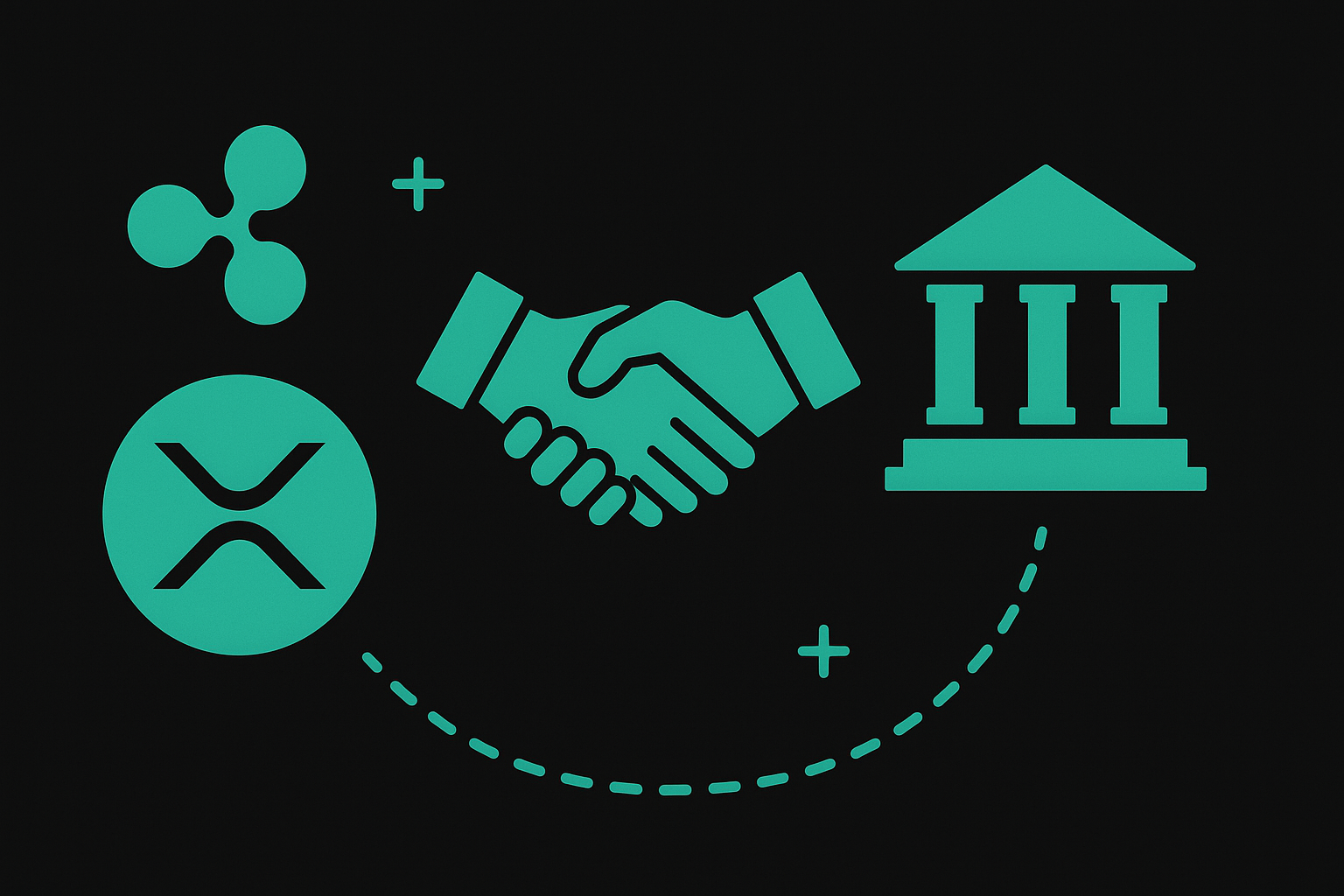ARTICLE AD BOX

- Unicâmbio partners with Ripple to enable fast, trackable cross-border payments between Portugal and Brazil.
- Ripple’s technology offers Unicâmbio real-time transparency and broad network access for international transfers.
Unicâmbio, one of the big names in the Portuguese money exchange industry, has just made a breakthrough. They have officially adopted Ripple Payments, a blockchain-based cross-border payment system that is known to be fast and cheap.
This is not just a technology trial, this is a full decision from the company that has been the backbone of remittance services for thousands of Portuguese citizens who have family in Brazil.
Customer Spotlight: Unicâmbio, one of the oldest and largest foreign exchange agencies in Portugal, is expanding its global footprint with Ripple Payments.
Learn how they can better serve corporate clients to meet liquidity and cash flow needs for businesses that operate on a… pic.twitter.com/cSNXwVNyge
— Ripple (@Ripple) May 31, 2025
Unicâmbio Makes Instant Transfers Happen
Imagine the scenario: you send money to your hometown in Brazil via Unicâmbio, the funds arrive in seconds. In the past, something like this was just a dream. Now, it’s up and running. And not only is it fast, users can also track the transaction status in real-time. No need to ask “Have you arrived yet?” while anxiously waiting for notifications.
Furthermore, this partnership is projected to be able to support payment channels worth up to $150 billion. This figure shows that Unicâmbio is serious about choosing partners. Ripple, which does have a reputation as a global payment champion, is considered very suitable to meet the demands of an increasingly instant era.
According to Adriana Jerónimo from the Unicâmbio executive board, they were looking for technology that was reliable and had a wide network. Ripple met all of those criteria. They even already existed in Brazil through collaborations with Travelex Bank and Mercado Bitcoin. So, just plug it in and it’s on.
Ripple is Getting More Active, from Portugal to Dubai
On the other hand, Ripple seems to be going all out exploring partnerships in various parts of the world. CNF previously reported that several major banks in the US, such as JPMorgan Chase, Citigroup, Bank of America, and Wells Fargo, are also considering using Ripple for their combined stablecoin. This means that the Ripple system is starting to be trusted at a much broader level than just retail companies.
Not only that, on May 19, 2025, Ripple also announced a partnership with Zand Bank and fintech Mamo in the United Arab Emirates. The goal is the same: to make cross-border money transfers faster, easier, and less complicated technically. All of this happened just a few months after Ripple received a license from the Dubai Financial Services Authority.
And as if it wasn’t busy enough, in early April 2025, Ripple also started acquiring Hidden Road, a major broker operating in the institutional segment. The value reached $1.25 billion. Ripple’s big plan? Integrating their trading system directly into the XRP Ledger. Their style of play is no longer a startup—this is a big player class ready to disrupt the old system.
As of the writing time, XRP is swapped hands at about $2.20, up 1.36% over the last 24 hours and its daily trading volume is at about $2.26 billion.
.png)
 1 day ago
3
1 day ago
3








 English (US)
English (US)